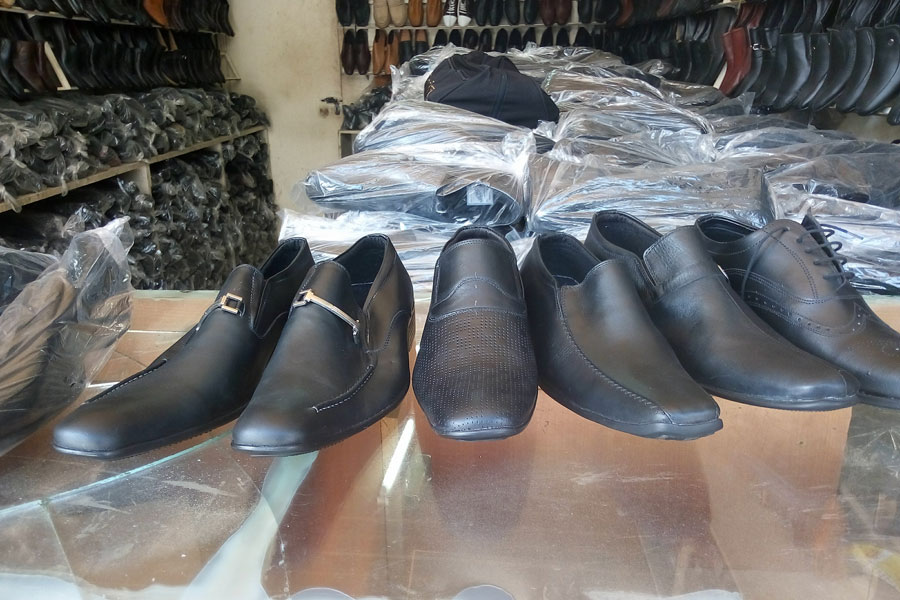
Fortune News | Jun 12,2021
Feb 27 , 2021
By Eden Sahle
The way people are talking about the upcoming general election, which will be held on June, 2021, is troubling. Many have concluded that elections combined with the African political culture are more sources for violence than social cohesion.
There is some truth to this. Often, African elections are conducted on an uneven playing field, where the incumbents can take significant advantage of their position in power, especially in terms of access to the media. One reason discouraging many in our country is that some major opposition figures are currently in jail.
Still, elections are crucial rights of citizens. It offers them a voice by enabling them to select leaders and hold them accountable for their performance in office. Alas, these facts do not hold water for many who are in great fear of the violence the election may bring.
This is not helped by some political players. Instead of discussing policies, strategies and attempting to heal social wounds, parties are busy criticising each other over logos and slogans. The dominant public discourse and the language and terminology used by most political parties are associated with armed struggle. This has convinced many that elections in Africa are modern day battlegrounds. Ethiopia is no exception to this.
The dangers linked with electoral violence vary. On top of human, material and economic costs that such violence imposes on already impoverished nations, it also risks undermining the electoral legitimacy of the process. This stems from the weak political culture that exists, where opponents do not merely argue and compete to win hearts and minds. They actively try to discredit each other without telling us much about what they will do in office if elected.
Election seasons should instead be a cause for excitement since it is the most important institutional mechanism for distributing political power and a time for people’s voices to be heard. But the significance of this is compounded by people’s judgments about the willingness to vote, support for democracy and trust in governing institutions. Such things do not just come by but are reflections of everyday politics in a politically divided society.
Unhealthy competitive elections are by their nature the result of conflict due to the public's divergent interests that go too deep as to create intolerance. Thus, there is always a risk that an electoral race will contribute to intensifying and polarising existing socioeconomic problems, provoking further divisions in society if ample care is not taken.
One key reason for electoral violence has to do with elections organised along exclusive political ideologies. It created structural conditions for political elites to utilise an electoral strategy based on narratives that exclude wide sections of the populations. It subverts and distorts the significance of multiparty democracy, where political groups disagree and engage with ideas. When they do so along the lines of identity, it becomes hard to hear one another.
In societies such as ours, where the structural conditions of elections create significant incentives for violence, the institutional and administrative arrangements for regulating the contest can play a vital role.
The electoral system has to influence the efficacy, transparency and political integrity of the elections, eliminating election fraud and manipulation, and creating voter and political parties' trust over elections and its processes. This is just as much the job of democratic institutions such as the police and public media as it is the National Electoral Board of Ethiopia (NEBE). Another critical player is the court system, which can handle disputes fairly.
But in the absence of credible democratic institutions that adhere to the rule of law and prove their political independence, there is always the risk that the election would be ignored, its significance weakened, and the outcome not accepted by losing political contenders.
Political parties should indeed make it their campaign agenda to encourage voters to trust the electoral system, vote on polling day, and accept the results even if the party they support is not victorious. Indeed, this is an effort that should be preceded by those in political power proving to the public that their intention is for free and fair elections to take place.
Eden Sahle is founder and CEO of Yada Technology Plc. She has studied law with a focus on international economic law. She can be reached at edensah2000@gmail.com.
PUBLISHED ON
Feb 27,2021 [ VOL
21 , NO
1087]

Fortune News | Jun 12,2021

Viewpoints | Jan 23,2021
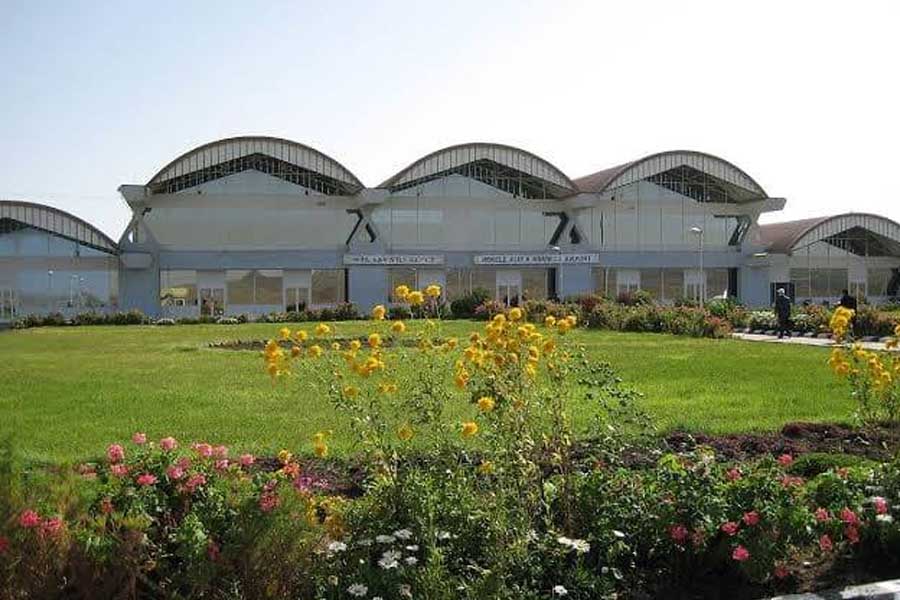
Featured | Sep 06,2020
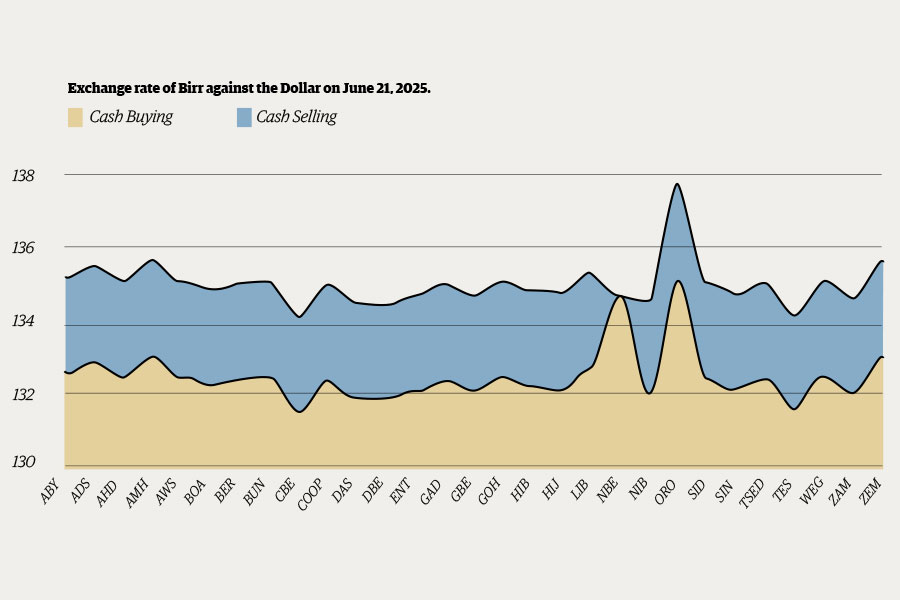
Money Market Watch | Jun 21,2025
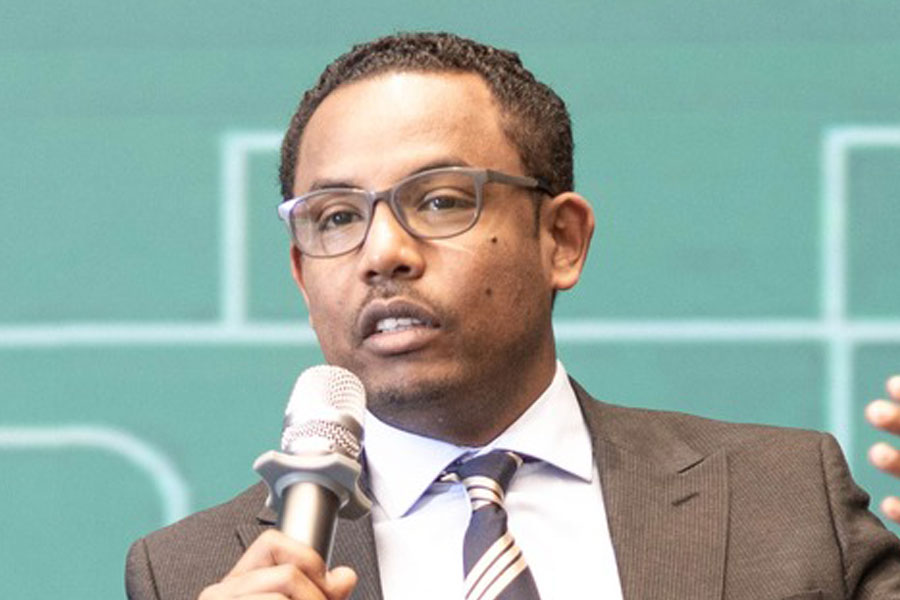
Fortune News | Dec 08,2024

Radar | Oct 23,2021
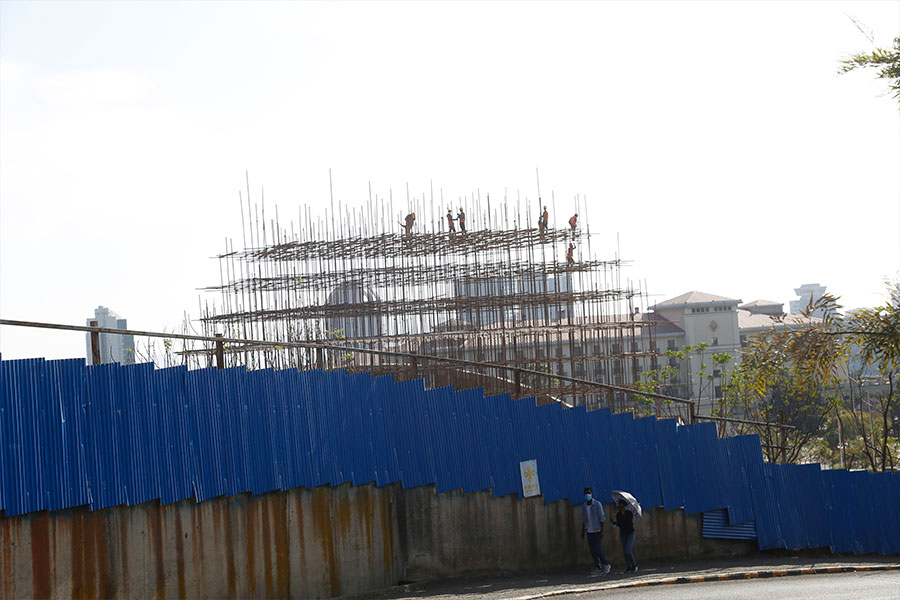
Radar | Dec 04,2021

My Opinion | Oct 21,2023

Radar |

Sunday with Eden | Feb 01,2020

My Opinion | 132272 Views | Aug 14,2021

My Opinion | 128692 Views | Aug 21,2021

My Opinion | 126600 Views | Sep 10,2021

My Opinion | 124206 Views | Aug 07,2021





Dec 22 , 2024 . By TIZITA SHEWAFERAW
Charged with transforming colossal state-owned enterprises into modern and competitiv...

Aug 18 , 2024 . By AKSAH ITALO
Although predictable Yonas Zerihun's job in the ride-hailing service is not immune to...

Jul 28 , 2024 . By TIZITA SHEWAFERAW
Unhabitual, perhaps too many, Samuel Gebreyohannes, 38, used to occasionally enjoy a couple of beers at breakfast. However, he recently swit...

Jul 13 , 2024 . By AKSAH ITALO
Investors who rely on tractors, trucks, and field vehicles for commuting, transporting commodities, and f...

Jul 12 , 2025
Political leaders and their policy advisors often promise great leaps forward, yet th...

Jul 5 , 2025
Six years ago, Ethiopia was the darling of international liberal commentators. A year...

Jun 28 , 2025
Meseret Damtie, the assertive auditor general, has never been shy about naming names...

Jun 21 , 2025
A well-worn adage says, “Budget is not destiny, but it is direction.” Examining t...

Jul 13 , 2025 . By YITBAREK GETACHEW
The Addis Abeba City Revenue Bureau has introduced a new directive set to reshape how...

Jul 13 , 2025 . By BEZAWIT HULUAGER
Addis Abeba has approved a record 350 billion Br budget for the 2025/26 fiscal year,...

Jul 13 , 2025 . By RUTH BERHANU
The Addis Abeba Revenue Bureau has scrapped a value-added tax (VAT) on unprocessed ve...

Jul 13 , 2025 . By NAHOM AYELE
Federal lawmakers have finally brought closure to a protracted and contentious tax de...